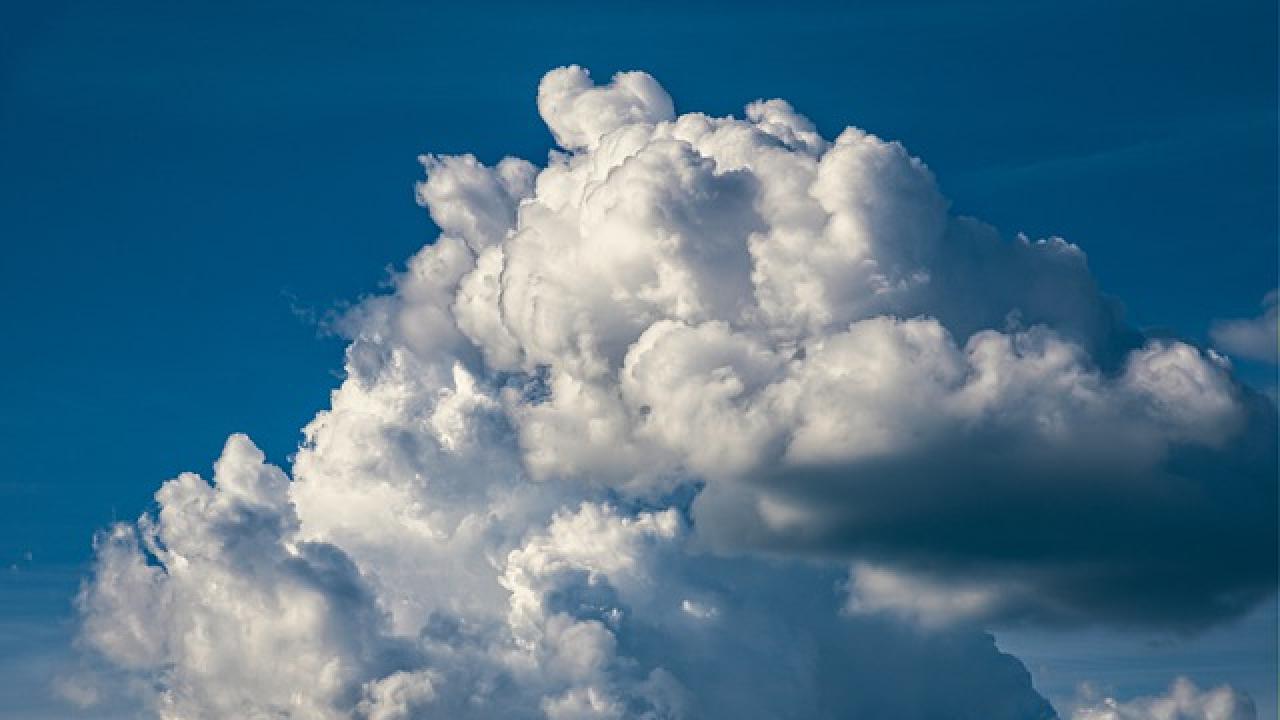
Climate scientists around the world applauded the decision by this year's Physics Nobel committee to award one half of the 2021 prize to Syukoro Manabe and Klaus Hasselmann for their pioneering work on developing climate models. The two Laureates shared this year's prize with theoretical physicist Giorgio Parisi under the common theme of "groundbreaking contributions to our understanding of complex physical systems".
Researchers in ICTP's Earth System Physics (ESP) section were among the scientists welcoming the news about the prize and its focus on climate. ESP, whose leader, Filippo Giorgi, contributed work leading to the 2007 Nobel Peace Prize award for the Intergovernmental Panel on Climate Change (IPCC), is known worldwide for its development of the regional climate model RegCM. ESP scientist Erika Coppola says the significance of the 2021 Physics Nobel to two climatologists cannot be understated.
"It's very important that for the first time, the Nobel Prize in Physics has been given to somebody working in climate," said Coppola, explaining that Nobel Laureate Syukoro Manabe was the first to write a simple atmospheric model that demonstrated the effect of increased CO2 on climate. "He verified that the temperature of the Earth was increasing, and explained why. He was a pioneer in studying the cause and effect of emissions on global warming."
Coppola's ESP colleague Riccardo Farneti did a postdoctoral fellowship at Princeton University and has fond memories of his interactions with Manabe, who is a senior meteorologist there. Farneti points to the significance to modelling of another Princeton climate researcher, Manabe's colleague Kirk Bryan. "Kirk was the first to develop an ocean model to study the role of the ocean on climate. And together, they were the first to develop a coupled ocean atmosphere model for climate studies," he explained.
As for Nobel Laureate Klaus Hasselmann, Coppola pointed out, "Hasselmann was the first to apply the fingerprint method for detection and attribution of climate change." The attribution linking human activity to the changing climate underscores much of the modeling work Coppola and her colleagues do. She added, "He was also one of the first to designate a method to attribute the human contribution to climate change that is so important today to attribute the extreme climate events to the global warming." Coppola and her colleagues build on this knowledge to understand the consequences of global warming on climate, and to investigate issues of adaptation and mitigation. "These issues are very relevant and important everywhere in the world, but especially for developing countries," she said.
Farneti added, "In terms of Manabe, every climate model, and most of the experiments that we still do, trying to understand the effects of global warming CO2 concentrations, is based on his pioneering work. Even for our section, the models that we use for climate, the atmosphere and for the ocean are a direct consequence of his work. And in terms of Hasselmann, his theory of explaining climate variability, and climate change, is still very much widely used." In particular Hasselmann explained how high frequency atmospheric noise can be transformed into low frequency climate variability through interaction with the ocean.
The timing of the Nobel Prize's spotlight on climate is prescient: in late October, a major international summit of climate scientists and policymakers, the 26th UN Climate Change Conference of the Parties (COP26), takes place in Glasgow. Coppola believes the Nobel recognition of climate science adds resonance to the latest IPCC report's stark warning that many climate change trends are already irreversible for centuries ahead. "It leaves no space for deniers, right? Because if somebody gets the Nobel Prize for that, then there is really no room."
"Probably now the time is right for society to finally acknowledge the importance of climate science, of the physics of climate," said Farneti. "Hopefully, this will keep the momentum going after the recent IPCC report, and lead to more government action."
--Mary Ann Williams
















